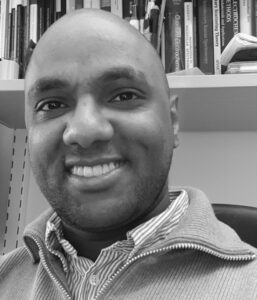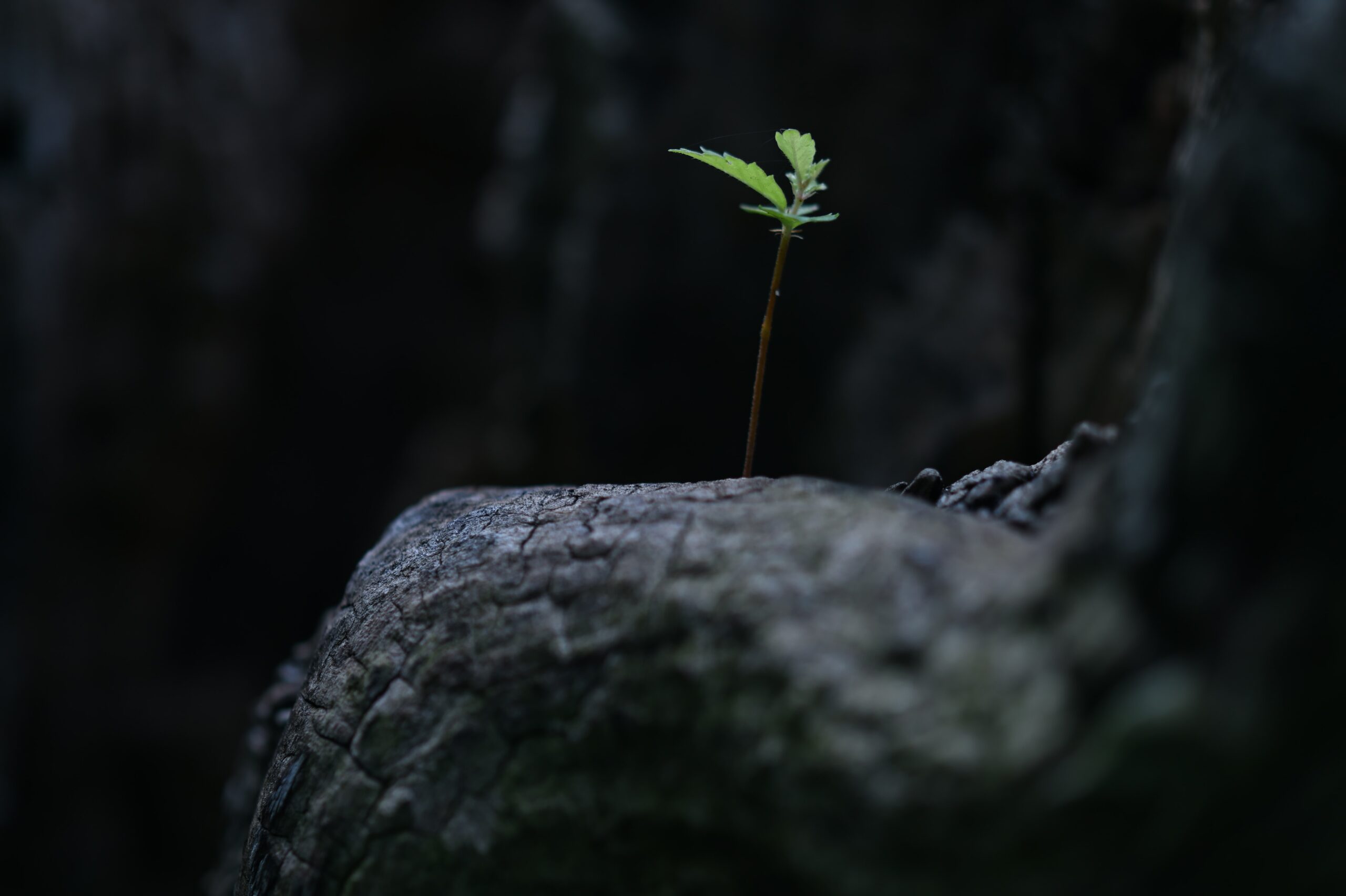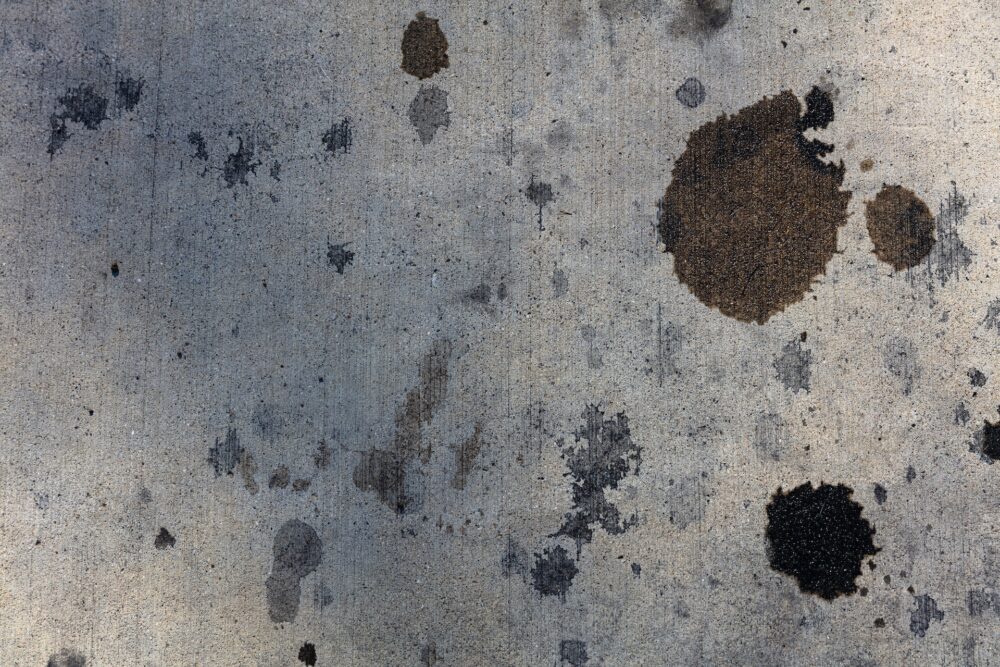Efficient Production of Hard Carbon from Modified Lignin (CARAMEL)

The large-scale use of sodium-ion batteries (SIBs) is expected to contribute to the realization of a fossil-free society that is dependent on energy derived from sustainable, earth-abundant, and bio-based raw materials.
Hard carbons derived from biomass resources like lignin have promising potential to enable commercial SIBs. The biggest challenge is that hard carbons exhibit undefined structure and chemical compositions making it difficult to predict their performance in practical applications.
This project brings together researchers from Uppsala University, RISE, and Altris AB to develop new synthesis routes to hard carbons from modified lignin. A range of lignin isolation, modification and carbonization steps will be devised to produce hard carbons with controlled structure and electrochemical characteristics.
New methods suited for characterizing hard carbons will be developed based on electrochemical methods, small-angle X-ray scattering, TEM, Raman scattering and electron spectroscopy.

Habtom Desta Asfaw
Uppsala University

habtom.desta.asfaw@kemi.uu.se
Project information
Participants
Uppsala University
RISE
Altris AB
Time schedule
January 2023 - December 2025
Total cost of project
7 528 566 SEK
Swedish Energy Agency project number
2022-00559
More projects

Online optimization of biomass high-temperature energy conversion processes
Variations of operational parameters are one of the most critical uncertainties in practical thermochemical conversion processes. Diagnostics and feedback control of these…
Manager: Alexey Sepman
Ongoing

Copper smelter slag as bed material in fluidized bed combustion
This project examines the possibility to use granulated copper-smelter slag, järnsand in Swedish, as bed material in fluidized-bed combustion. Järnsand is a…
Manager: Magnus Rydén
Ongoing

The potential of a bio-based concrete “ink” for sustainable 3D printing: review and perspectives
The Swedish Government’s Climate Action Plan 2019 underlines the need for creating a common understanding about the transition to bioeconomy and knowledge…
Manager: Magdalena Rajczakowska
Ongoing


